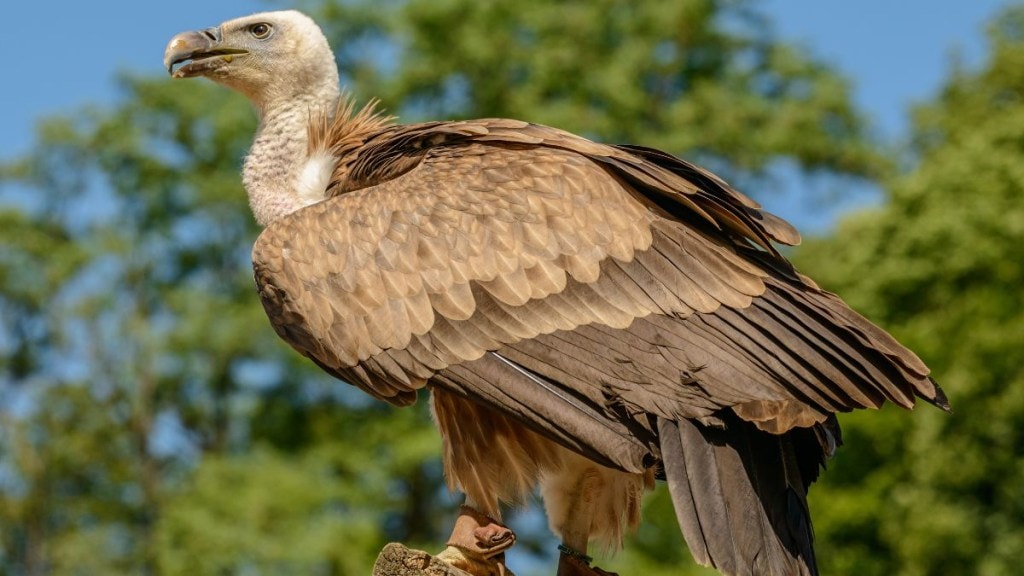In a proactive effort to conserve the declining vulture population in Jharkhand, a ‘Vulture Restaurant’ has been established in Koderma district. The initiative aims to address the adverse impact of livestock drugs, particularly diclofenac, on vultures. The restaurant, located in Gumo under Tilaiya Nagar Parishad, spans one hectare and is designated as a feeding site for the birds. While awaiting the completion of protocols for diclofenac-free carcasses from goshalas and municipalities, plans are underway to expand operations to Chandwara block.
The vulture restaurant concept seeks to counter the dwindling vulture population, crucial for its ecological role in rapidly consuming animal carcasses. Forest officials have highlighted the importance of a carefully drafted protocol ensuring carcasses are free from diclofenac or harmful elements before serving them to vultures. To prevent interference from other animals, bamboo fencing has been erected around the feeding site.
Historically abundant in Jharkhand, vultures have nearly disappeared due to the widespread use of diclofenac, a banned anti-inflammatory drug administered to livestock. Exposure to diclofenac-contaminated tissues leads to kidney failure in vultures. Although absent in Koderma for almost two decades, sightings have increased since 2019, with a 2022 survey counting 38 vultures, rising to 145 in 2023.
Recognizing the critical status of vultures, the Jharkhand forest department plans to establish a vulture interpretation and rescue center, along with geo-tagging for effective monitoring. Vultures are protected under the Wildlife Protection Act, classified as ‘critically endangered,’ and listed in the IUCN Red Data List.
The Jharkhand coordinator of the Indian Bird Conservation Network notes a recent increase in vulture populations, estimating between 450 and 500 across six varieties. The forest department has declared a 100-km radius from Hazaribag as a safe zone for vultures, emphasizing the district’s significance in vulture conservation. The region recently witnessed the sighting of Egyptian vultures in the Hazaribag Wildlife Sanctuary, reinforcing the importance of ongoing conservation efforts.

